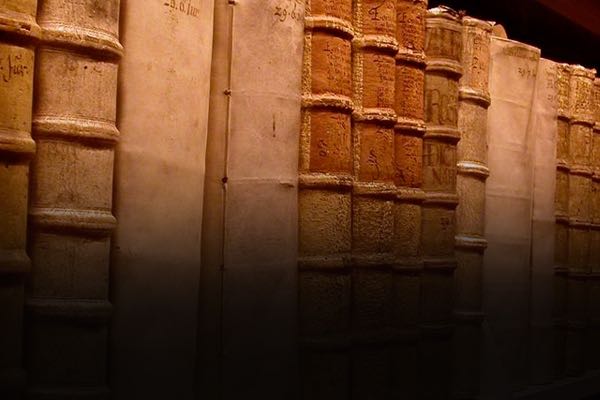
The Dialogue of the Saviour (120-180AD)
The Dialogue of the Saviour was discovered, along with other Gnostic texts, in the Nag Hammadi collection in Egypt in 1945. The original text was greatly damaged, but it appears to be a dialogue between Jesus and some of His followers, or book of sayings bearing some similarity to The Gospel of Thomas. The text seems disjointed at points, and jumps from topic to topic without continuity. For this reason, scholars have surmised that the text may have been assembled from a number of separate documents. Scholars date the text to the mid to late 2nd century.
Why Isn’t It Considered Reliable?
The Dialogue of the Saviour appears far too late in history to have been written by an eyewitness to the life of Jesus. In addition, the text was discovered in a collection of Gnostic documents, and Gnosticism was widely confronted as heretical by the early Church Fathers. The Dialogue of the Saviour also appears to be a rare and narrowly accepted document (even for its time), as it exists in only one recovered Codex.
How Does It Corroborate the Life of Jesus?
In spite of the late appearance of this Gnostic text, The Dialogue of the Saviour does affirm many tangential aspects of the canonical eyewitness accounts. Jesus is described as the “only begotten son” of God, and the “Savior” and “Lord”. Jesus is also described as having many disciples (including Matthew, Mary and Judas). He is described as teaching these disciples about prayer, the creation of the universe and the end times.
Where (and Why) Does It Differ from the Reliable Accounts?
Much of The Dialogue of the Saviour is preoccupied with a question and answer session addressing how Matthew, Judas and Mary might attain salvation through “gnosis”, (the acquisition of secret knowledge limited to a select few believers). This is consistent with other Gnostic documents rejected by the Church Fathers. The text also describes the material world as an unintended evil; again, a reflection of Gnostic theology.
This ancient non-canonical Gnostic text was a late, heretical document. When examined under the criteria we use to determine eyewitness reliability, it fails the test. The four canonical Gospels (Mark, Matthew, Luke and John) are still the earliest reliable record of Jesus, written within the lifetimes of the eyewitnesses who knew Jesus personally.

J. Warner Wallace is a Dateline featured Cold-Case Detective, Senior Fellow at the Colson Center for Christian Worldview, Adj. Professor of Christian Apologetics at Talbot School of Theology, Biola University, author of Cold-Case Christianity, God’s Crime Scene, and Forensic Faith, and creator of the Case Makers Academy for kids.
Subscribe to J. Warner’s Daily Email
J. Warner Wallace is a Dateline featured cold-case homicide detective, popular national speaker and best-selling author. He continues to consult on cold-case investigations while serving as a Senior Fellow at the Colson Center for Christian Worldview. He is also an Adj. Professor of Christian Apologetics at Talbot School of Theology, Biola University, and a faculty member at Summit Ministries. He holds a BA in Design (from CSULB), an MA in Architecture (from UCLA), and an MA in Theological Studies (from Gateway Seminary).
































